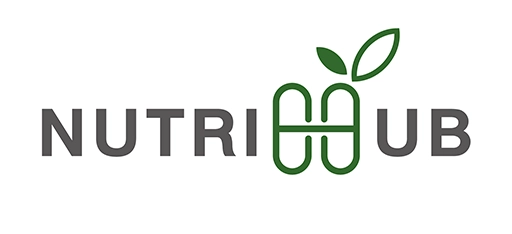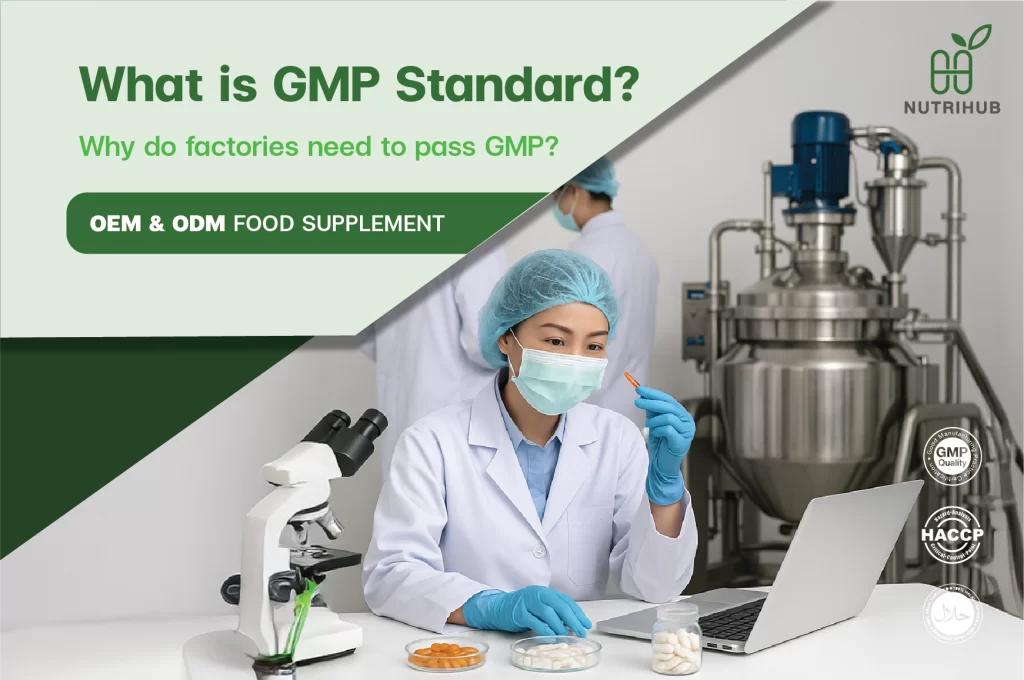In the world of consumer product manufacturing—whether it’s dietary supplements, cosmetics, or even food—“GMP” (Good Manufacturing Practice) is a term you should take seriously. Especially if you’re planning to build your own brand, understanding GMP is the first step toward ensuring product safety and market trust.
🌟 What is GMP?
GMP stands for Good Manufacturing Practice, an internationally recognized standard that governs the entire manufacturing process to ensure that products are safe, high-quality, and hygienic—from raw material selection to production, packaging, and storage.
👉 The primary goal of GMP is to prevent risks, such as contamination, the use of unsafe ingredients, or poor production practices.
✅ Key GMP Requirements for a Manufacturing Facility:
- Clean and hygienic production environment
- Efficient and well-maintained machinery and equipment
- A robust quality control system
- Personnel with good hygiene practices
- Proper documentation of all manufacturing processes
- Safe storage and handling of raw materials
🌟 Why Should a Manufacturing Facility Be GMP-Certified?
- Builds Customer Confidence
Brands that choose GMP-certified manufacturers can be assured of product safety and consistent quality. - Supports FDA Registration and Export Licensing
GMP compliance is often a prerequisite for obtaining product registration numbers and export certifications. - Reduces Legal Risks
In the event of product issues, non-GMP-certified facilities are more likely to face legal consequences. - Enhances Brand Image
GMP is a strong mark of credibility, signaling professionalism and trustworthiness to consumers.
If you’re aiming to build a sustainable, reliable, and professional brand in supplements, cosmetics, or wellness products, choosing a GMP-certified factory is a crucial first step. Not only does it ensure that your products are manufactured with the highest standards, but it also builds consumer trust and lays the foundation for long-term business success.

